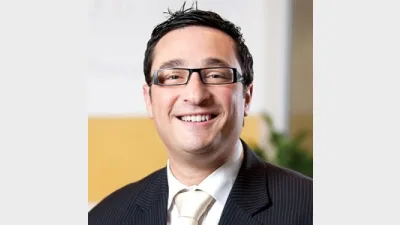Call for independent financial services education council



The Financial Planning Association (FPA) has called for the creation on an independent financial services education council made up of all industry stakeholders as well as the establishment of an independent register of training courses to track financial planner education.
The call is part of the FPA’s submission to the Australian Securities and Investments Commission (ASIC) in response to its Consultation Papers (CP) 212 and 215, which outline the regulator’s plans to lift minimum education standards and end its maintenance of the training register.
FPA general manager for policy and conduct Dante De Gori said the association had put together a working group made up of planners, licensees and education providers to build its submission, which will be lodged next week after the association was granted an extension by ASIC.
“There was universal agreement with ASIC about the lifting of standards but the questions were around practical, workable solutions to create good financial planners and good advice. We don’t believe CP 212 and 215 provide the right solutions to the issue of lifting standards,” De Gori said.
“Our main recommendation will be to establish an education council made up of all stakeholders including regulators, education providers, licensees, planners and professional bodies, as we feel there has been a shift in the way ASIC is approaching education,” De Gori said.
“ASIC is moving away from the education space and we believe there should be more industry involvement and less dependence on ASIC resources to drive the discussion and agenda around education.
“The removal of the training register has also created concerns, and licensees are unsure how to ensure authorised representatives are RG146 compliant. Without the register being maintained, there are some concerns about planners having to redo their base qualifications when the focus should be on continuing professional development (CPD) and education maintenance.”
De Gori said an independent industry-wide register would either record courses and training standards or individuals who have achieved those standards. It would be accessible online so consumers and licensees could check whether they had met industry standards.
De Gori said the register was required as there were concerns around the practices of some registered training organisations (RTO) and the quality of the education they were providing.
“There are issues at the education provider level, with some RTOs providing the same level of qualifications in two weeks that other providers offer over a number of months. If we are to life standards then we need to tackle these quantum issues, which is something that is not addressed in CP 212,” he said.
Recommended for you
AMP has agreed in principle to settle an advice and insurance class action that commenced in 2020 related to historic commission payment activity.
Financial advisers will have to pay around $10.4 million of the impending $47.3 million CSLR special levy but Treasury has expanded the remit to also include super fund trustees and other retail-facing sub-sectors.
While social media can have positive financial influence, the overwhelming risks signal a greater need for affordable advice as Australians continue to seek financial education on social media.
Fitzpatricks Advice Partners has released a guide on building a national advice firm with the argument that these firms are crucial to facilitating growth in the struggling profession.












